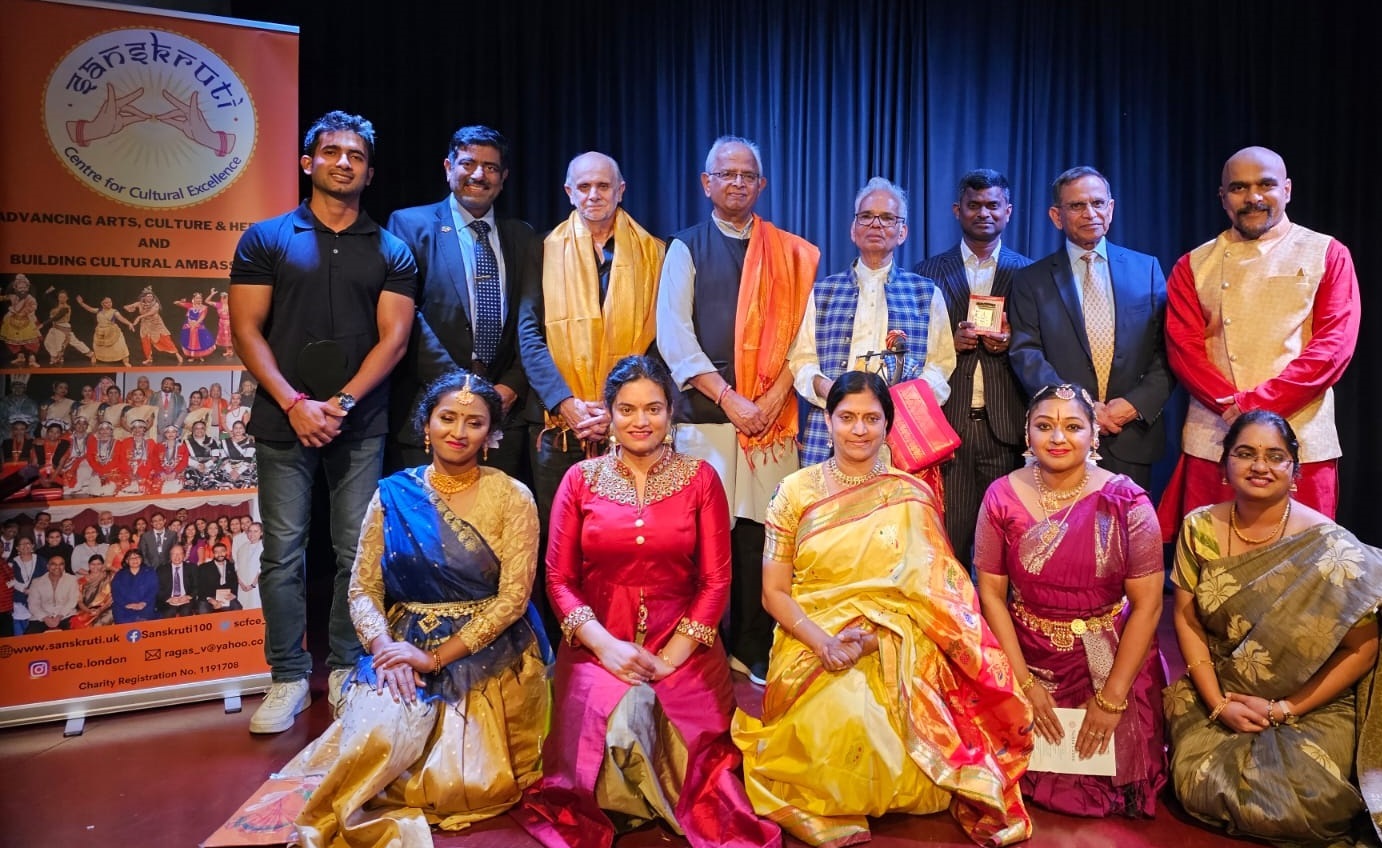
Relevance of Natyashastra
South Asian Heritage Month marked by Sanskruti Centre July 2023 Sanskruti Centre for Cultural Excellence, an arts charity based in the UK marked the South
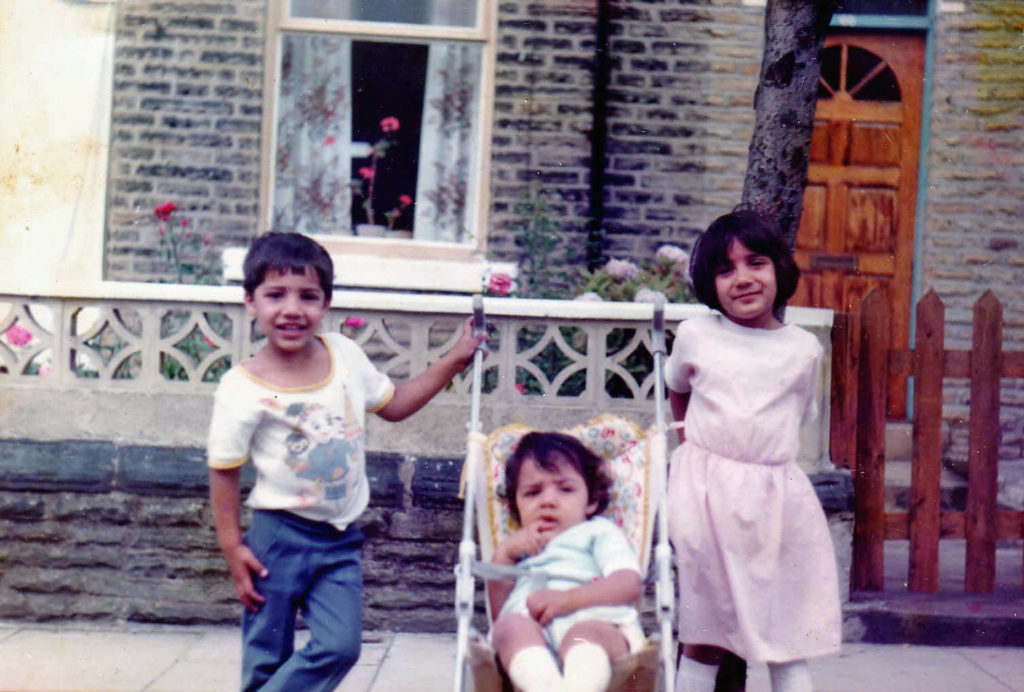
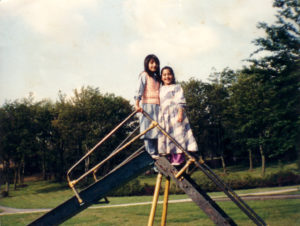
My dad was just a teenager when he arrived in Bradford in the 1970s. With the support of extended family he found work, learnt the language, and a few years later returned to Pakistan to marry my mum. I was born in the 80s, the second girl in a house of five children. We found ourselves living in the heart of BD3, a home away from home, with the security of an emerging Pakistani population. Rows upon rows of terraced houses and narrow back streets formed a neighbourhood for young South Asian families to find a community in an alien land, and some of my happiest memories are from playing with marbles and riding bikes on those back streets. Mental health wasn’t spoken about in those days, but with a backdrop of economic hardship, racism and a longing to return home, my parents and many like them found support and comfort in others who led similar lives.
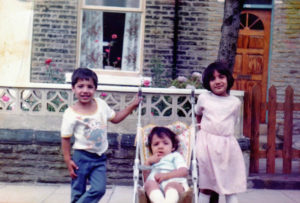 I was an 80s child and a 90s teenager. Popular culture and entertainment shaped my childhood and provided a melting pot of Eastern and Western influence. The weekly Bollywood movie, on VHS, chosen from a huge selection at the local video store, provided my mum with much needed entertainment in a language that she understood. It also went a long way towards cementing my own language skills, and I can still quote full scenes from classic 80s Bollywood movies. When that was done, we’d sit down to the weekly episodes of Dallas and Dynasty, providing a glitzy and glamorous escape, a world away from our humble lives. Later, in our new house and growing up with three boisterous brothers, I’d have to endure hours of WWF wrestling. When I managed to get my hands on the remote I’d indulge in an episode of Neighbours or Home and Away, before quickly being trumped by my dad or grandma who preferred a Pakistani drama, again borrowed from the local video store. Seeing the first episode of Goodness Gracious Me on mainstream telly somehow validated my Asian roots and made me think that perhaps my Pakistaniness wasn’t so embarrassing after all. Music was an eclectic mix ranging from Take That and Oasis, to Vital Signs, Nusret Fateh Ali Khan, the Red Hot Chili Peppers and gangster rap! We soaked it all up, a little bit of everything thrown into the mix to shape the growing minds of impressionable young British Pakistani kids.
I was an 80s child and a 90s teenager. Popular culture and entertainment shaped my childhood and provided a melting pot of Eastern and Western influence. The weekly Bollywood movie, on VHS, chosen from a huge selection at the local video store, provided my mum with much needed entertainment in a language that she understood. It also went a long way towards cementing my own language skills, and I can still quote full scenes from classic 80s Bollywood movies. When that was done, we’d sit down to the weekly episodes of Dallas and Dynasty, providing a glitzy and glamorous escape, a world away from our humble lives. Later, in our new house and growing up with three boisterous brothers, I’d have to endure hours of WWF wrestling. When I managed to get my hands on the remote I’d indulge in an episode of Neighbours or Home and Away, before quickly being trumped by my dad or grandma who preferred a Pakistani drama, again borrowed from the local video store. Seeing the first episode of Goodness Gracious Me on mainstream telly somehow validated my Asian roots and made me think that perhaps my Pakistaniness wasn’t so embarrassing after all. Music was an eclectic mix ranging from Take That and Oasis, to Vital Signs, Nusret Fateh Ali Khan, the Red Hot Chili Peppers and gangster rap! We soaked it all up, a little bit of everything thrown into the mix to shape the growing minds of impressionable young British Pakistani kids.
My clothes were all homemade and my jumpers were knitted by my gran. I was mortified at the thought of starting high school and having to wear a maxi skirt that my mum had stitched herself. I felt a huge sense of accomplishment when I managed to convince my parents to buy me my first pair of jeans, just in time for the year 8 leavers party. Little did I know then that as an adult I’d be longing for opportunities to wear shalwar kameez to celebrate my beautiful heritage and to feel connected to my roots.
1992 was a memorable year for many reasons but the one occasion that stood out was the men’s cricket world cup final: Pakistan vs England, or our homeland vs our new homeland. My father’s unwavering support of the Pakistani team no doubt influenced us all, and their victory that year started our love affair with the sport. We were allowed a day off school that day and the celebrations and rewatching of the final continued for years to come. That remains one of the most joyous memories of childhood – we really saw the Pakistani way of celebrating and felt a connection with our roots like never before!
Living in Bradford and being of South Asian heritage brings a unique sense of community. The way our ancestors lived in Pakistan has continued through our lives here. Strong ties have been maintained with extended family – there were many a trip down to Rochdale to visit our second cousins. They weren’t thought of as second cousins though, they were just our cousins, because in Pakistani culture everyone is your cousin, or your aunty, or your uncle. You treat all elders with the same respect that you would your own blood relatives, whether you’re meeting them for the first time, or you have spent a lifetime with them. Islamic culture brings with it brother and sisterhood, a trust that you can turn to your sister in Islam and have a shared understanding of life. Mental health is supported though family ties, and as someone of South Asian heritage that has blended into the British way of life, mental health conversations are now more open and accepted. Some elders who are the same age as my parents and grandparents are now recognising their own mental health struggles as well as those of their children and grandchildren.
As my own children navigate adolescence, I lament at the loss of their mother tongue and am forever overcome with guilt for not working harder as a parent to pass on my language. As an established British Pakistani community, and with the huge global impact of social media, life feels even more like a big pot of biryani – chuck everything in and hope for the best! As we embrace the growing diversity of Bradford and beyond, I hope that my children will hold onto their dupatta, learn to make a mean nihari, and maybe even sit down one day and watch a Bollywood movie with their mum and dad.

South Asian Heritage Month marked by Sanskruti Centre July 2023 Sanskruti Centre for Cultural Excellence, an arts charity based in the UK marked the South
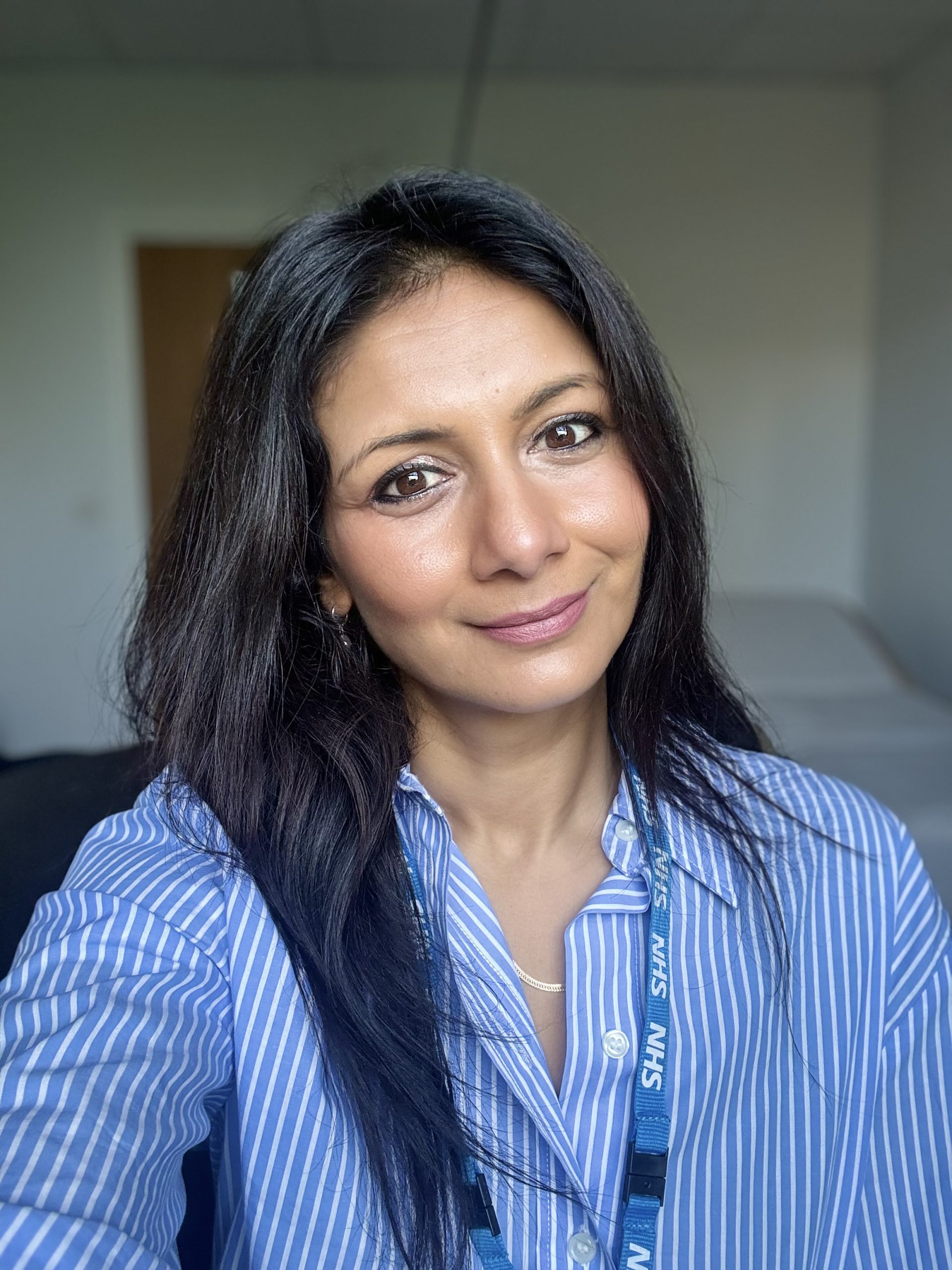
Getting diagnosed with stage 3 bowel cancer at the age of 39 was a real shock. I’m a GP, active mother of two and always
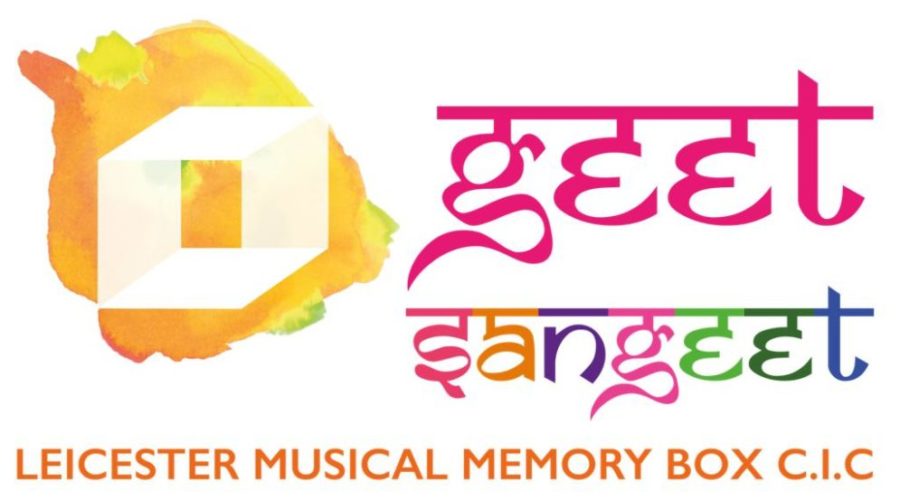
‘I am the unlucky one’ I said to the Consultant. I was sobbing away on my own with nobody to hold my hand or support me. Where did I go wrong? What had I done? I always helped everyone – young old, needy and desperate. So why did it have to be ME? I didn’t understand.
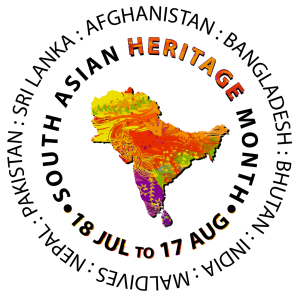
The first of the Trust’s projects is the South Asian Heritage Month (SAHM), which first took place in 2020 and runs from the 18th of July to the 17th of August each year.
SAHM seeks to commemorate, mark and celebrate South Asian cultures, histories, and communities.
It seeks to understand the diverse heritage and cultures that continue to link the UK with South Asia.

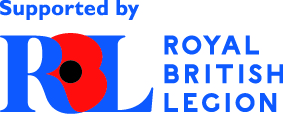
© South Asian Heritage Trust | All Rights Reserved